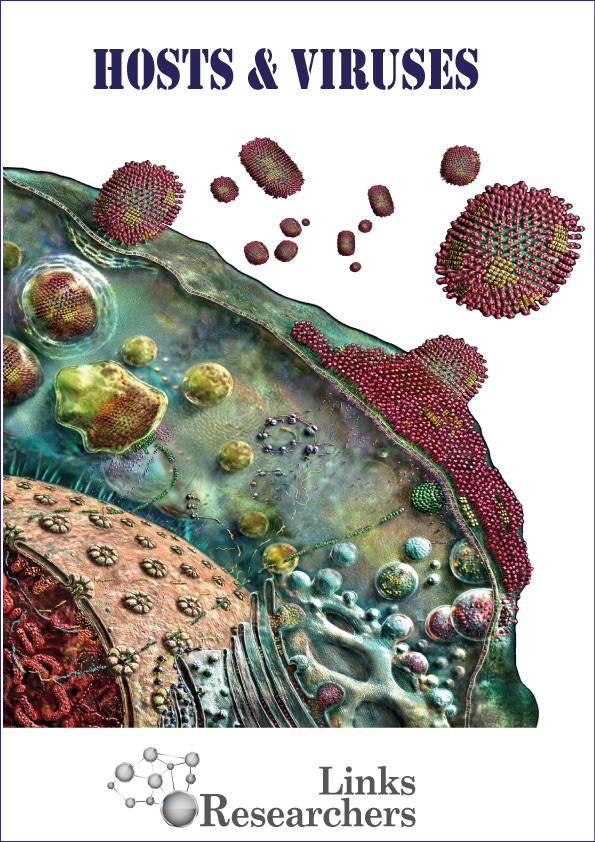Innate Immune Responses Against Avian Respiratory Viruses
Innate Immune Responses Against Avian Respiratory Viruses
Mohsan Ullah Goraya1,2, Liaqat Ali1,2 and Iqra Younis3
ABSTRACT
The mucosal surfaces of respiratory, intestinal and reproductive tracts are the primary entry points for viruses into host cells. Amongst these, respiratory tract is prone to direct and continuous exposure to viral infection. Respiratory viruses including influenza virus, coronaviruses and herpes viruses are important pathogens that cause significant losses in the poultry industry. However, successful establishment of infection in the respiratory tract switch on the pathogen recognition by innate immune receptors and establish first line of defense against viral infections. When specific cellular receptors recognize a virus they trigger the translation of inflammatory cytokine and chemokines leading to establishment of an antiviral state of the host. In this review, we discuss the recent understanding in host responses to avian viral infection and their impact in health and disease.
To share on other social networks, click on any share button. What are these?






